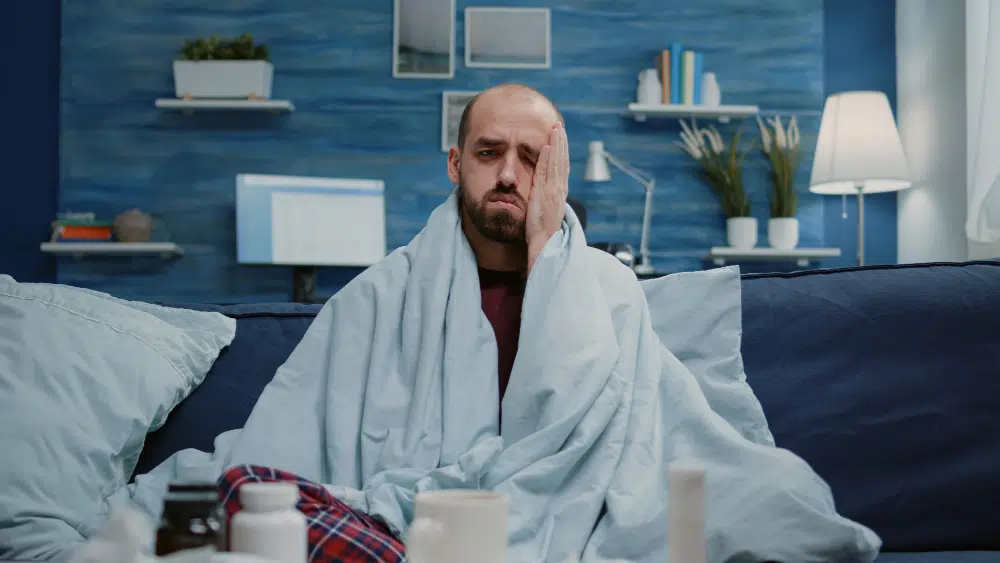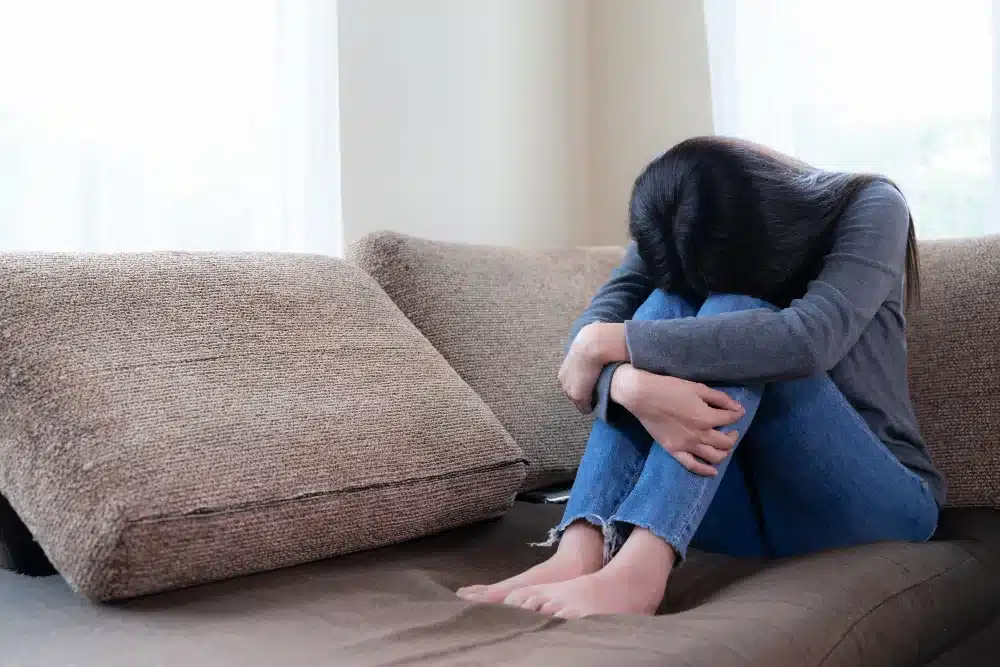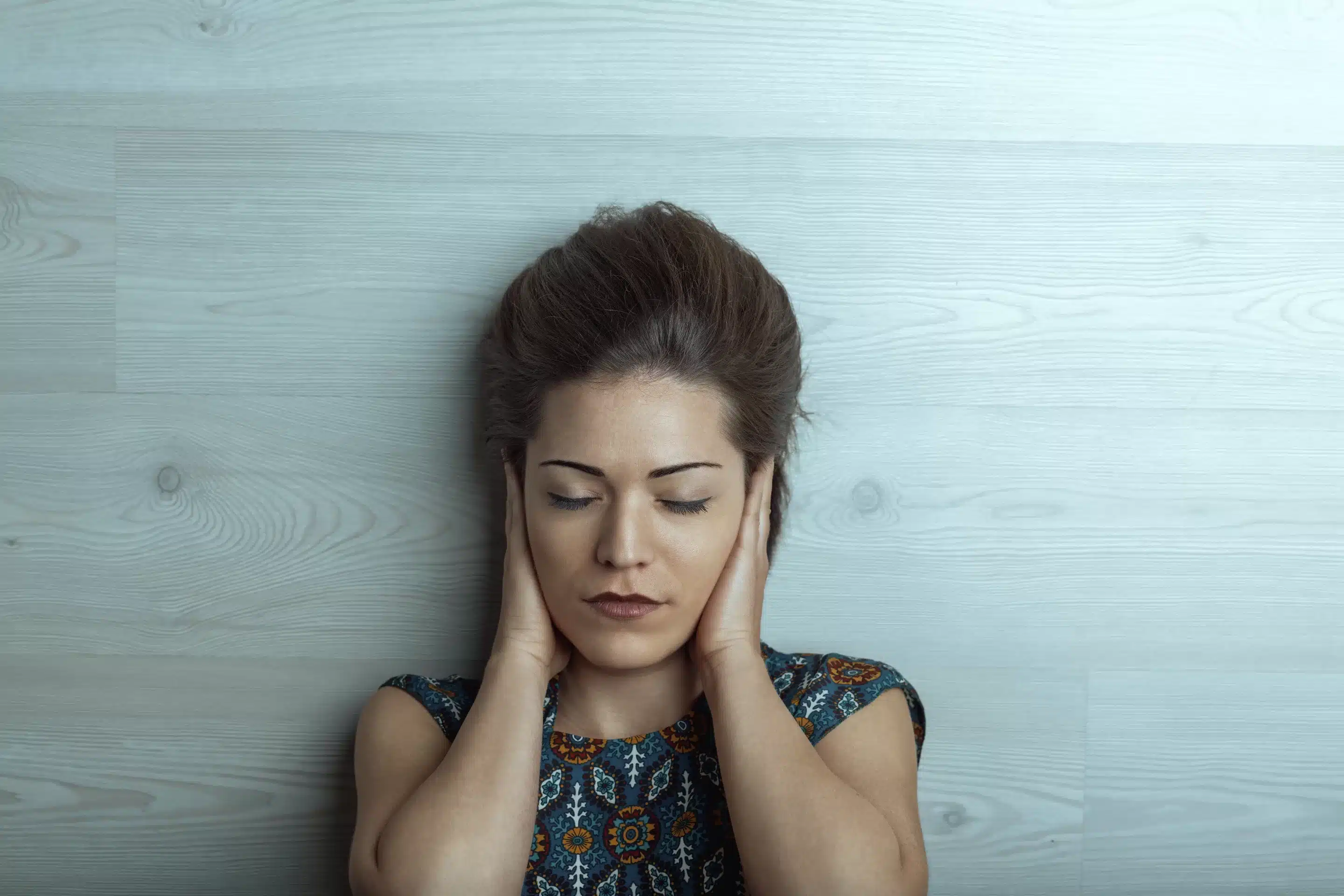Learn whether caffeine helps ADHD symptoms and what research says about its benefits and risks. Discover expert pediatric/ adult ADHD treatment advice from TelepsychHealth.

Stay updated on the rapidly-growing virtual telehealth care industry.

Learn whether caffeine helps ADHD symptoms and what research says about its benefits and risks. Discover expert pediatric/ adult ADHD treatment advice from TelepsychHealth.

Explore narcolepsy symptoms—from sleep attacks and cataplexy to hallucinations—and learn practical medication and coping strategies. TelepsychHealth offers remote psychiatry and support for improved daily living.

Feeling emotionally empty or numb? Learn what causes emotional disconnection and how therapy, reflection, and self-care can help you heal and reconnect with yourself.

Feeling emotionally empty or numb? Learn what causes emotional disconnection and how therapy, reflection, and self-care can help you heal and reconnect with yourself.

Depression (major depressive disorder) is a common and serious medical illness that negatively affects how you feel, the way you think and how you act. Fortunately, it is also treatable. Depression causes feelings of sadness and/or a loss of interest in activities once enjoyed. It can lead to a variety of emotional and physical problems and can decrease a person’s ability to function at work and at home.

Retirees who prepared for their economic security during retirement have better financial security and, therefore, achieve greater satisfaction with life. On the other hand, retirees who had not planned retirement have less financial security and are more likely to experience financial difficulties, which aggravated their poor psychological well-being.

A common theme among those suffering from certain mental health conditions is the tendency to isolate oneself. This can be driven by a number of factors but can also perpetuate the feeling of loneliness and fear, and result in an ongoing cycle of self-isolation. This...

As humans, our perception of the world around us shapes how we interact with it. And vice versa; how we interact with the world shapes our perceptions. This was a topic that was recently discussed with a guest on the #FuturePsychiatryPodcast.Listen to an excerpt from...

Updates to treatment resistant depression at the APA conference in New Orleans, LA.

How to recognize and treat clinician burnout.

What is ketamine?

What is an IOP program and why should I choose it over a residential treatment program? What is group therapy and what are the benefits to it? What types of group programming are offered in IOP?

TelepsychHealth describes the differences between intensive outpatient and partial hospitalization programs for mental health and substance use disorders.

Strategies to change one’s thinking patterns involves increasing self-awareness. Through therapy, one obtains improved insight into and understanding of these patterns. The process of doing therapy involves constructing a concept, considering how that concept will be expressed, and then reflecting on the concepts and how it sounds. Through this process of self-expression, one gains an increased level of understanding and insight into the causes of the problem.

There are many reasons to discuss work satisfaction with your therapist. Many mental health problems can become more evident in the workplace. Depression, anxiety has an impact on engagement in one’s work, and fulfillment and meaning in work can have a positive impact on mental health.

Living through the COVID-19 pandemic will continue to be a difficult time filled with uncertainty. Taking the time for yourself- by disconnecting from media, staying in touch with loved ones, and keeping physically active- will help us get through this period with calmness.

Women who experience “postpartum blues” can have a sense of dysphoria or dissatisfaction with life. Usually symptoms of postpartum blues might develop within 2-3 days of delivery, and peak within a few days and resolve with two weeks. If the symptoms persist for more than two weeks and are affecting your ability to function, it is more suggestive of postpartum major depression. Concerns about one’s ability to care for the infant or a lack of interest in the infant would suggest seeking professional help.

We explore novel treatments for depression which work upon the NMDA, GABA, and opioid receptors.

Kevin Hines attempted suicide when he jumped from The Golden Gate Bridge in San Francisco, and survived. He now dedicates his life to spread the message that there is hope for those suffering from mental illness.